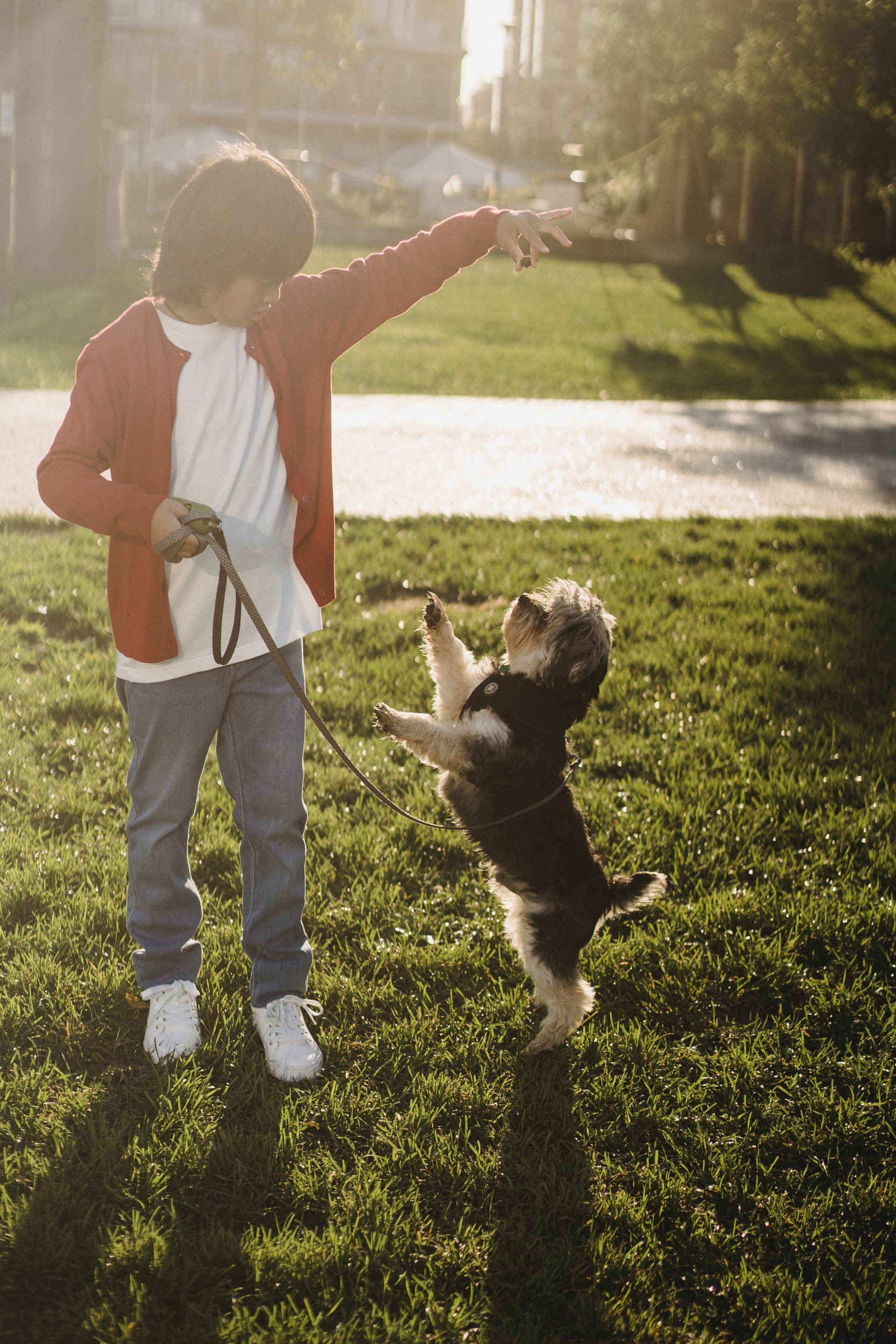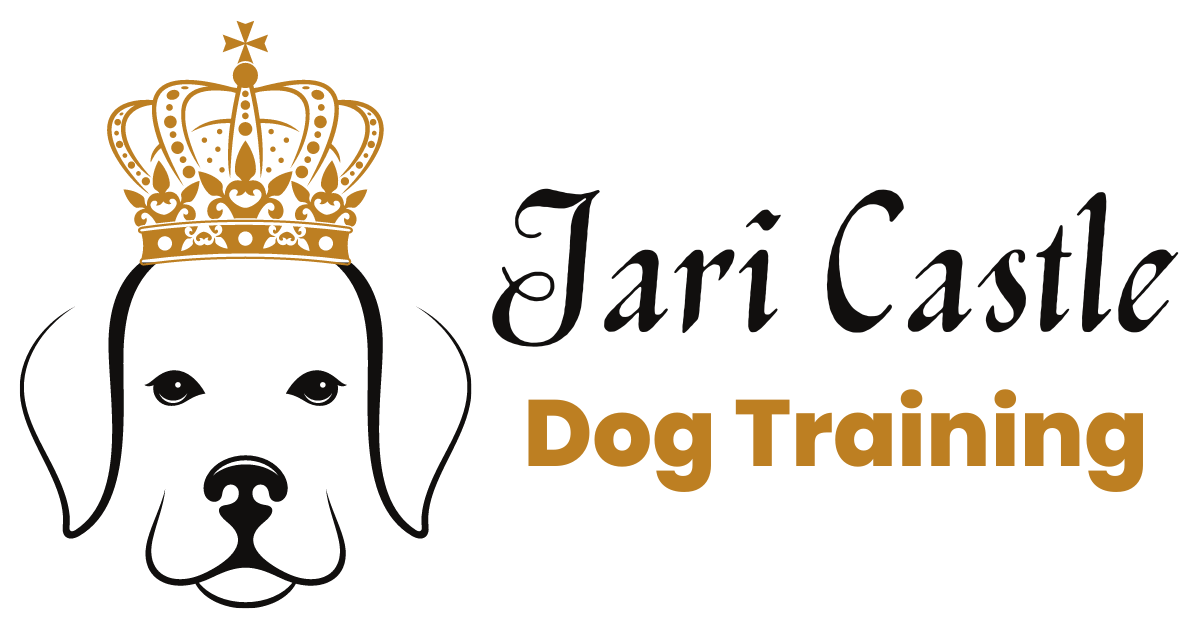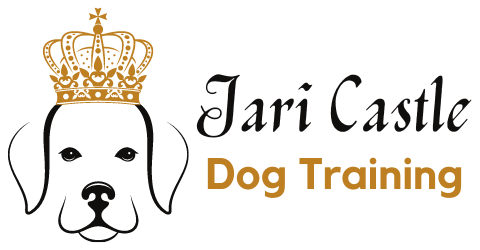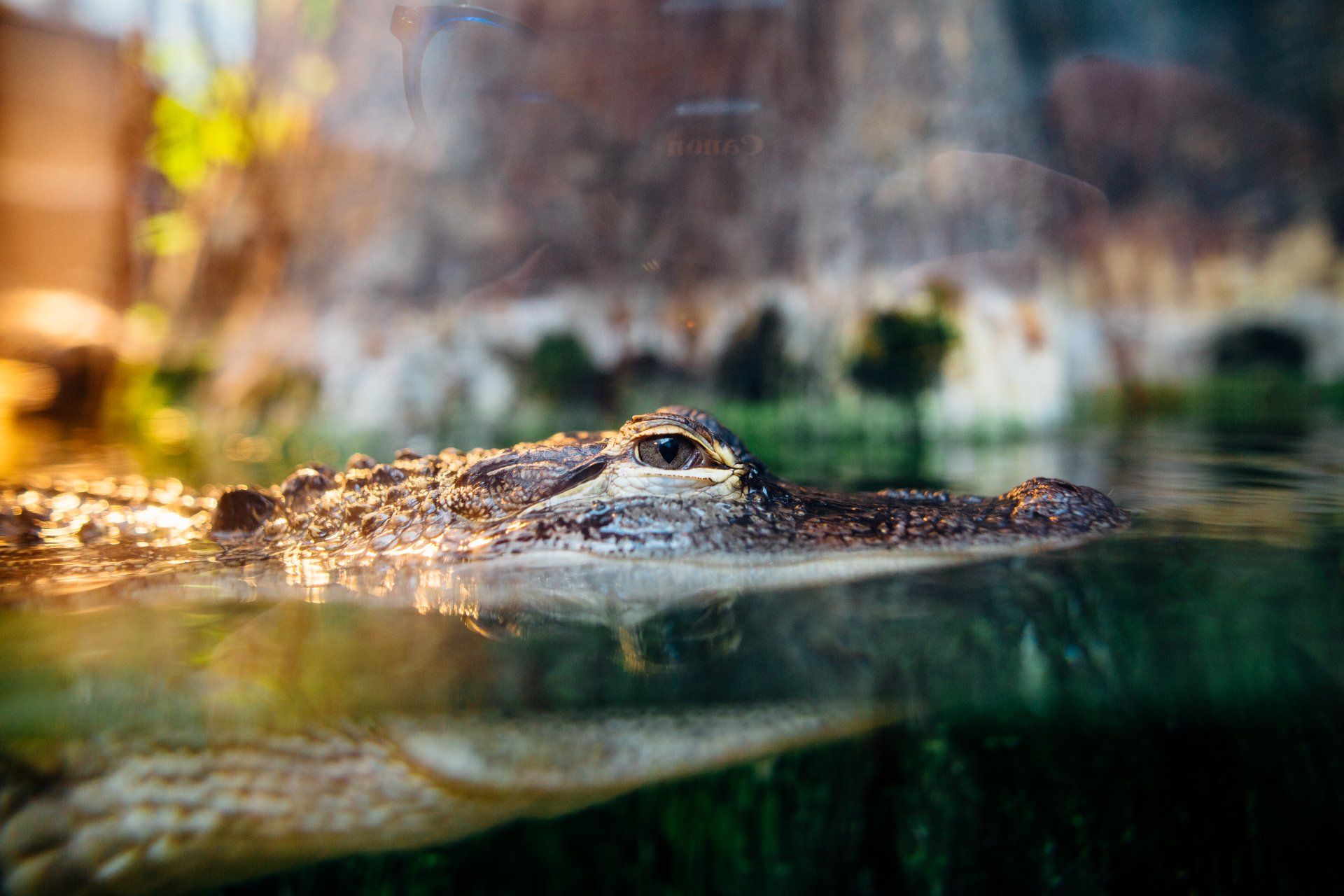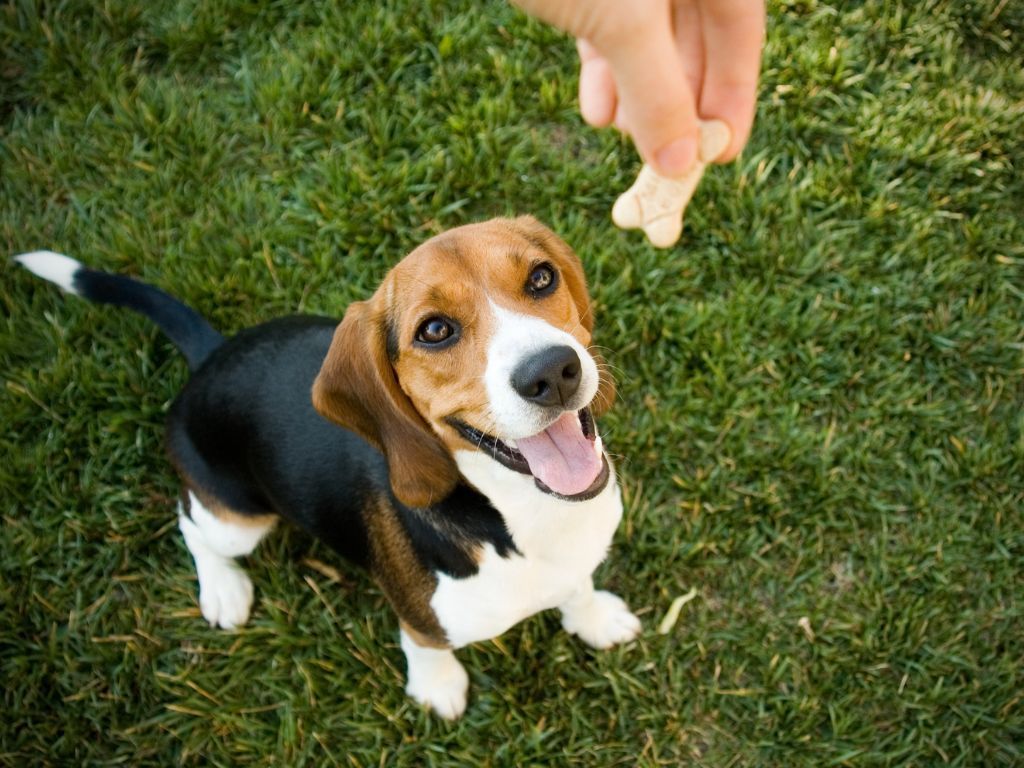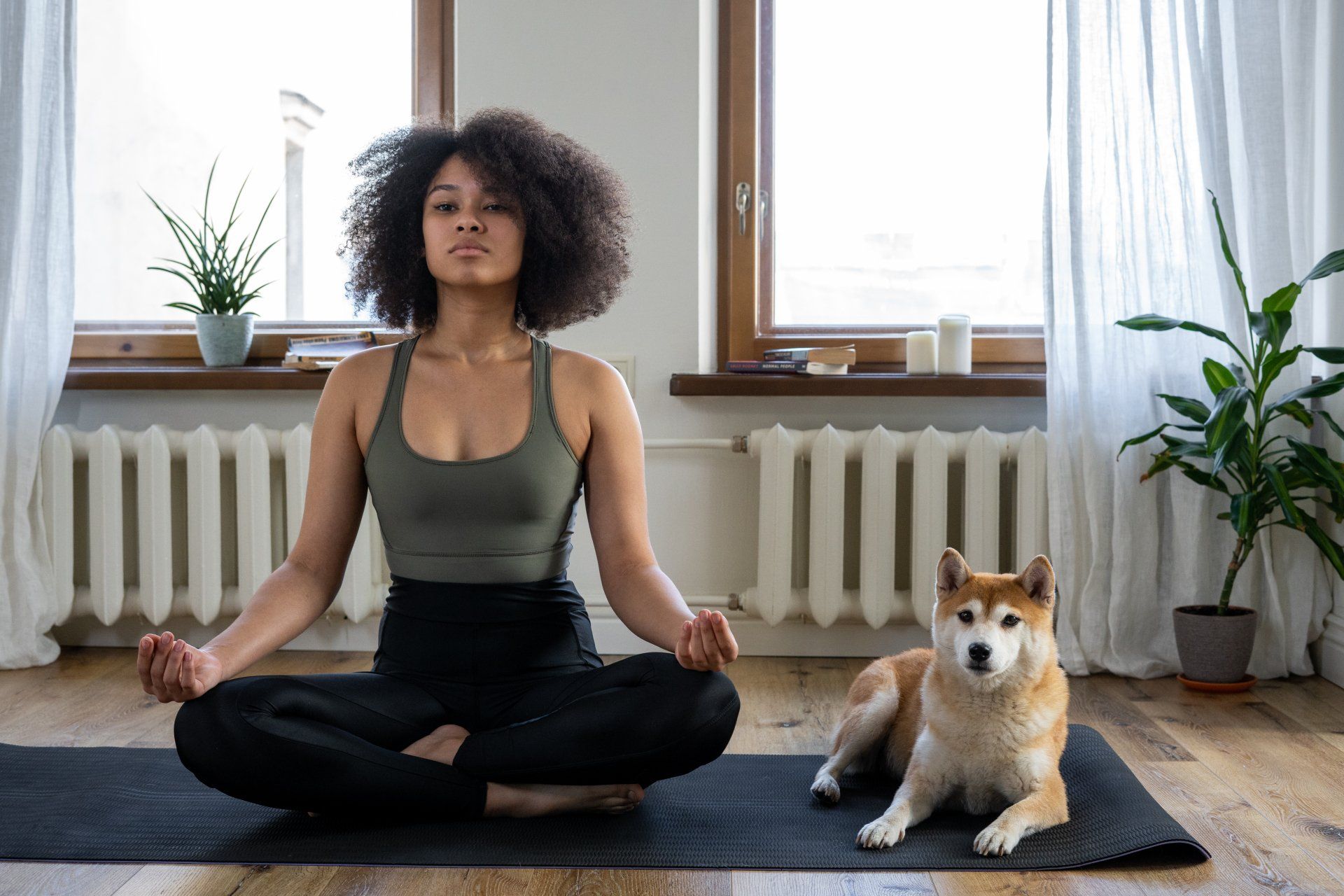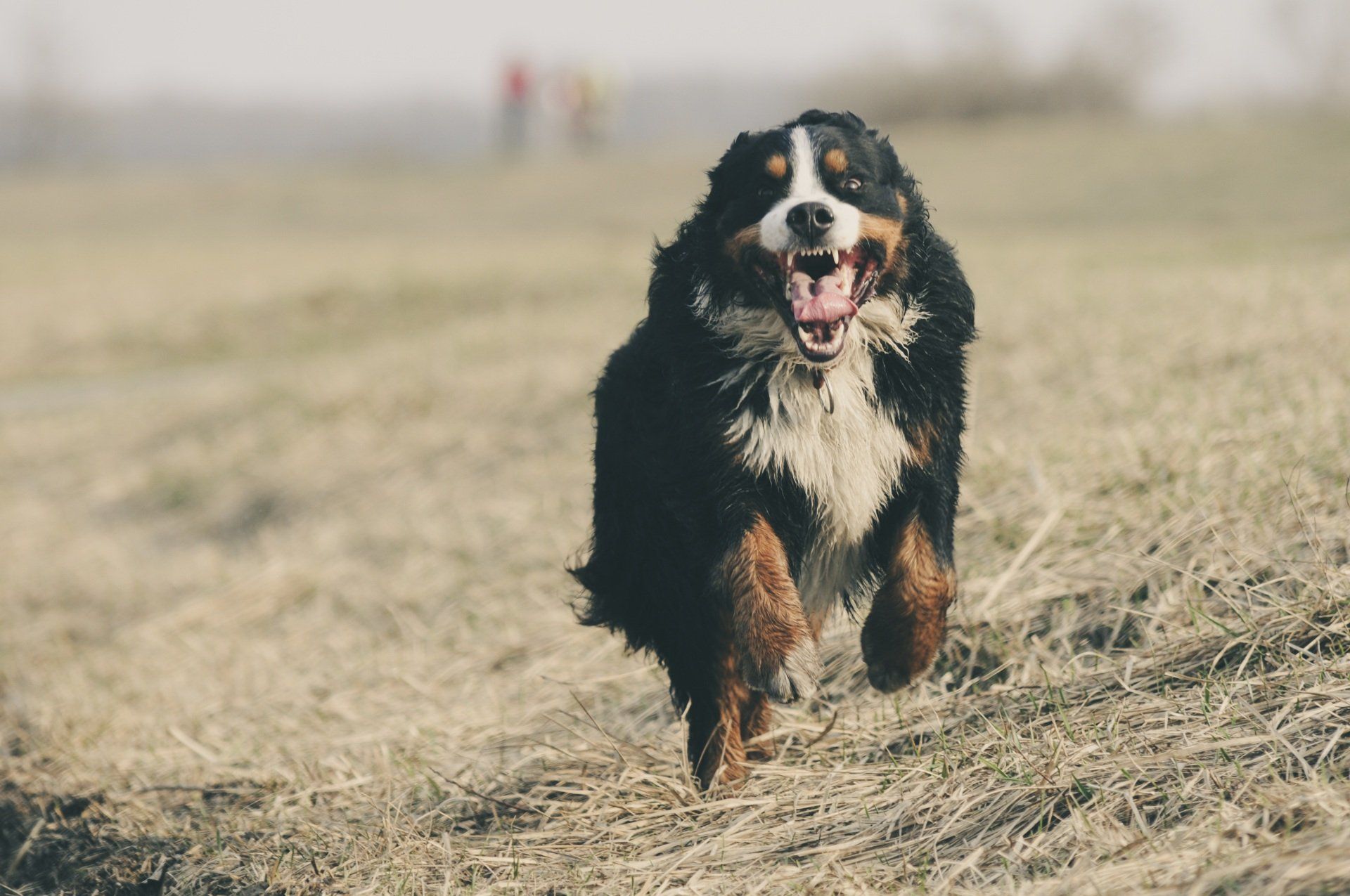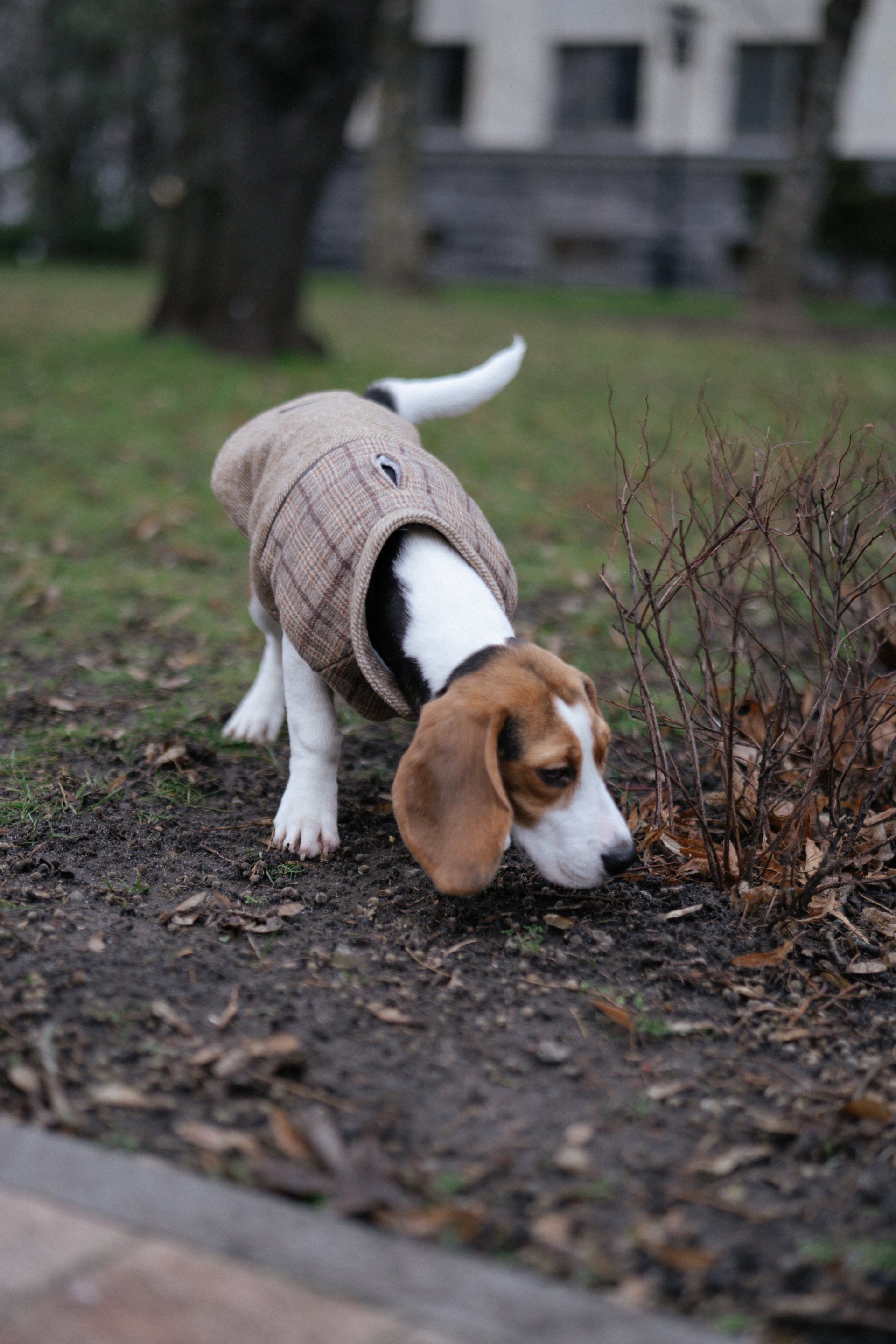What if a dog isn't food motivated?
It is very common for people to tell me that their dog is not food motivated. I take that statement with a grain of salt though because often their dog is soon very focussed on my treats. So what is different when I do it? I focus on lowering arousal before I start to train!

While there are dogs out there that genuinely love sniffing and playing more than anything else in the world, all dogs are motivated to seek and eat food to some degree. Otherwise, they would starve to death 😳
Dogs are scavengers at heart though, and almost all of the dogs I have worked with that "aren't food motivated" are actually just too over-aroused to eat.
When the dog leaves their property and perceives new information - sights and smells - their body responds to that. This is called arousal. It means the body is getting ready for action, to do something. The heart pumps a bit faster, the blood is flowing to make sure limbs are ready for fighting or flighting or playing. The pupils dilate, breath rate increases, often so the dog is panting. Some dogs get very excited and some are getting scared. Whether the dog is getting ready to play, lunge at cars or swear at the first dog they see one thing is the same: this is not the time for eating! The digestive system shuts down. The body does not want to eat right now, it is saving energy for more pressing matters!
A dog that is not eating is generally one that is (or is getting) more and more aroused. The other thing that happens when a dog is aroused is that they are very much living in the moment. If you are trying to train your pet dog to do anything when they are in this state, it goes in one ear and out the other. The brain can't remember what you are trying to teach it!
So if your dog is not interested in eating, they are not able to learn optimally either. This is good information for us to have! We need to take steps to lower this arousal level before we can start training anything.
Try these:
- Wait. Stand still in your driveway or on the footpath and wait for your dog's body to become less tense, for them to look to you, for them to look around rather than pacing wildly.
- Sniffing lowers arousal. Get them sniffing by tossing treats or standing near a bush. They will find something to sniff. (Side note: not sniffing much on walks is also a sign of over-arousal!)
- Drop a treat on the ground, when your dog eats it, drop another. They will probably eat that one and then look up as if to ask "have you got any more?". Heavily praise and treat that look towards you!
Signs your dog's arousal level is coming down:
- They are not moving around so much, their paws are still
- Their tail becomes looser
- Muscles in the shoulders relax a bit
- Panting eases or stops
- Your dog shakes off as if they were wet - this is them relaxing their muscles
- They do a big yawn - again, them stretching and loosening facial muscles
- They look towards you
- They begin taking treats
- They can follow basic cues such as hand targeting or sit.
If your dog has truly relaxed body language, is following cues and still doesn't want to eat, then you may have a dog that truly doesn't rate food as high on the reward scale. These dogs are actually very rare though, so look for other signs of arousal and take steps to address it before saying your dog won't work for food.
Lastly, the food that you use in training matters a lot. Ensure that you are using high value, stinky, meaty treats with your dog such as deli meat, cooked chicken or doggy meatballs (from the chilled pet food section in the supermarket). Check out my free ebook for more info on choosing and using food in your training!
Share this article:
